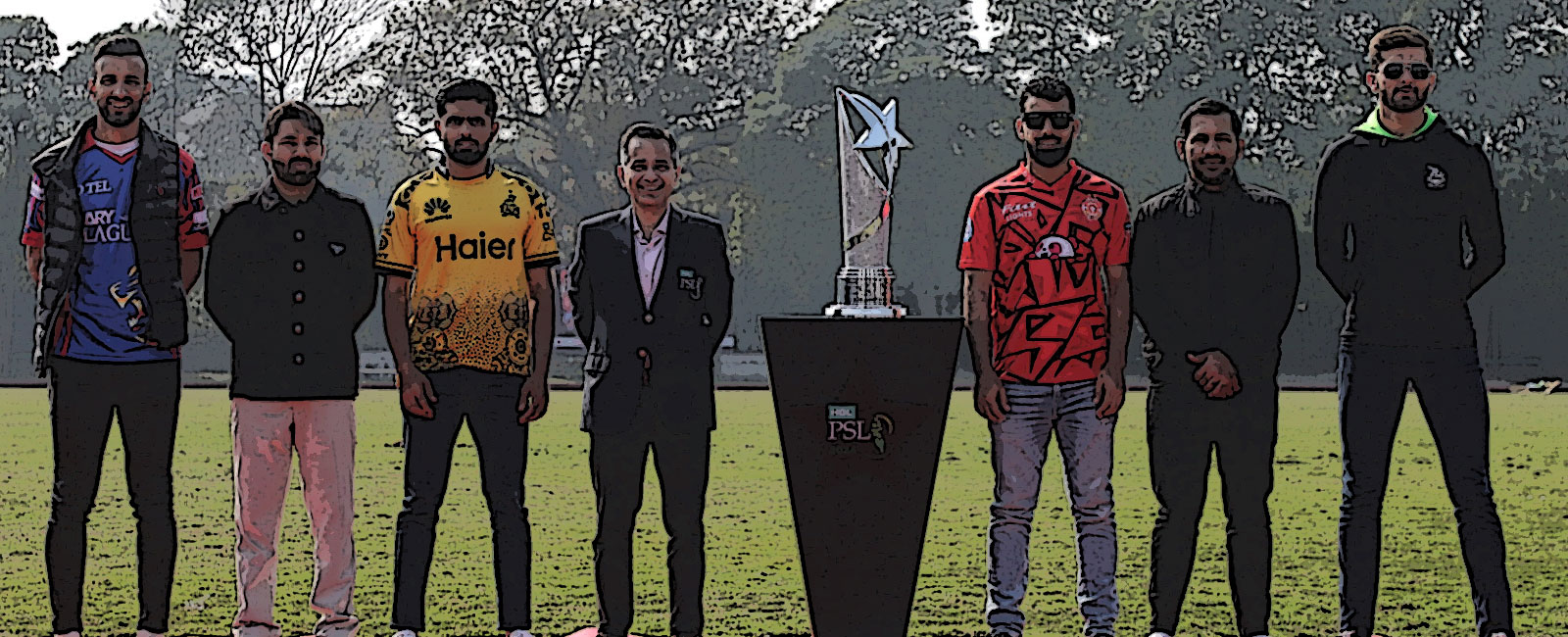PSL continues to be in a league of its own in world cricket
Since its inception in 2016, PSL has successfully carved out its own identity despite facing obstacles

Pakistan, a country deeply enthusiastic about sports, has notably excelled in three prominent disciplines— squash, hockey, and cricket in the past. The other two, unfortunately, fell by the wayside, but, cricket, turned out to be a different ball game, mirroring the rise and fall of the nation itself.
Cricket's progress was at risk for some time due to the absence of the game in the country following the 2009 attack on Sri Lanka's cricket team.
The Pakistan Super League (PSL) was launched during the same period and faced numerous challenges in establishing its distinctive identity among the various cricket leagues worldwide.
Since its inception in 2016, the league has successfully carved out its own identity despite facing obstacles. From initially struggling to host the league entirely in its early years to navigating the challenges posed by the COVID-19 pandemic, the PSL has encountered various trials and has maintained its unique character.
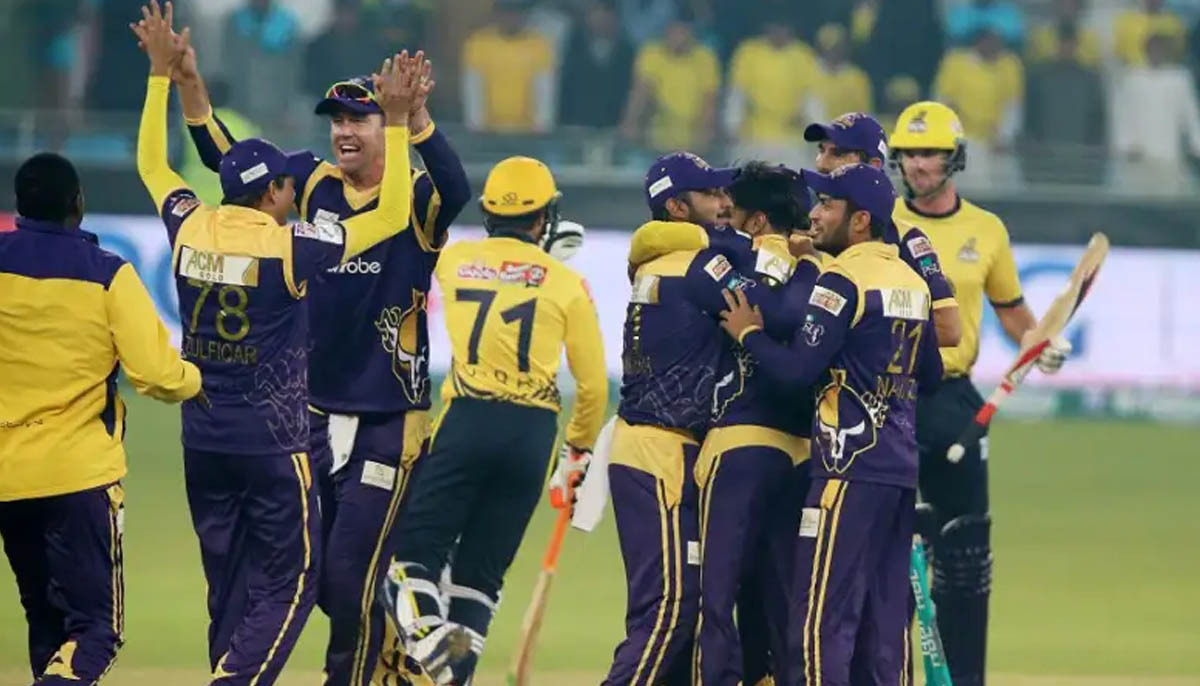
In the wake of the Indian Premier League’s (IPL) massive success in India, several cricket leagues sprouted across the world, particularly in Asia before the PSL. While Bangladesh and Sri Lanka boast their cricket leagues that draw international players, the PSL emerged as the second-largest cricket league in Asia, second only to India’s IPL.
Global appeal and international participation
PSL has rapidly gained global appeal by attracting cricket talent from around the world. One key factor contributing to this widespread interest is the diverse and star-studded lineup of international players that graced the league.
There have been numerous instances where prominent stars withdrew from the league, but their concerns were overshadowed by the quality of the league, prompting them to reconsider and participate.

Shane Watson, Kevin Pietersen, AB de Villiers, Kumar Sangakkara, Eoin Morgan, and Kieron Pollard have all been featured in the PSL at some point. Amidst these high-profile players, several emerging international talents have asserted themselves, providing them with a taste of international cricket.
Dawid Malan, Tom Banton, Phil Salt, and Sherfaine Rutherford have all profited from their involvement in the league, leading to opportunities for them to make their international debuts.
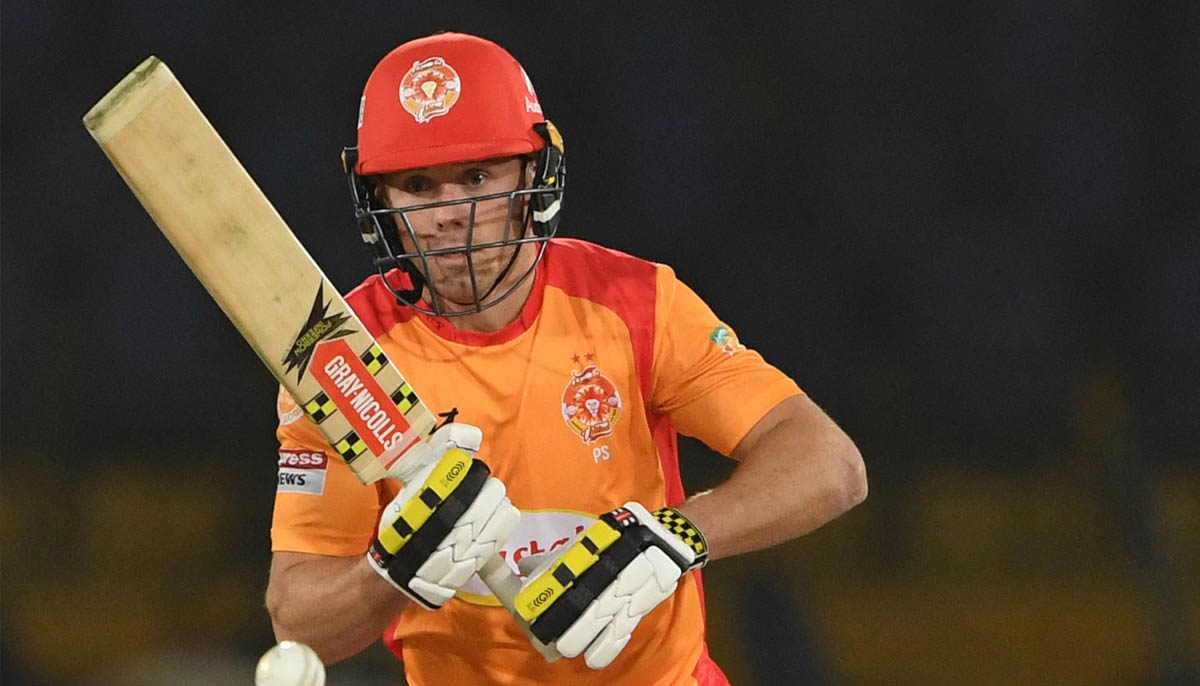
What sets PSL apart from others?
Amidst all the excitement surrounding the IPL, the PSL took a distinct path. The tournament, held in the United Arab Emirates (UAE), somehow boosted the quality of the game, posing a challenge for batsmen to adapt while giving bowlers an advantage. This trend persisted when the tournament returned to home soil.
For this valid reason, numerous international stars chose to participate in the league, and the quality of bowling rigorously tested their technique. Many English players, including World Cup-winning captain Eoin Morgan and batter Dawid Malan, have cited this as the primary reason for their involvement in the PSL. Despite the apparent lack of spectators in the stadiums, cricket's quality remained exceptional during those years.
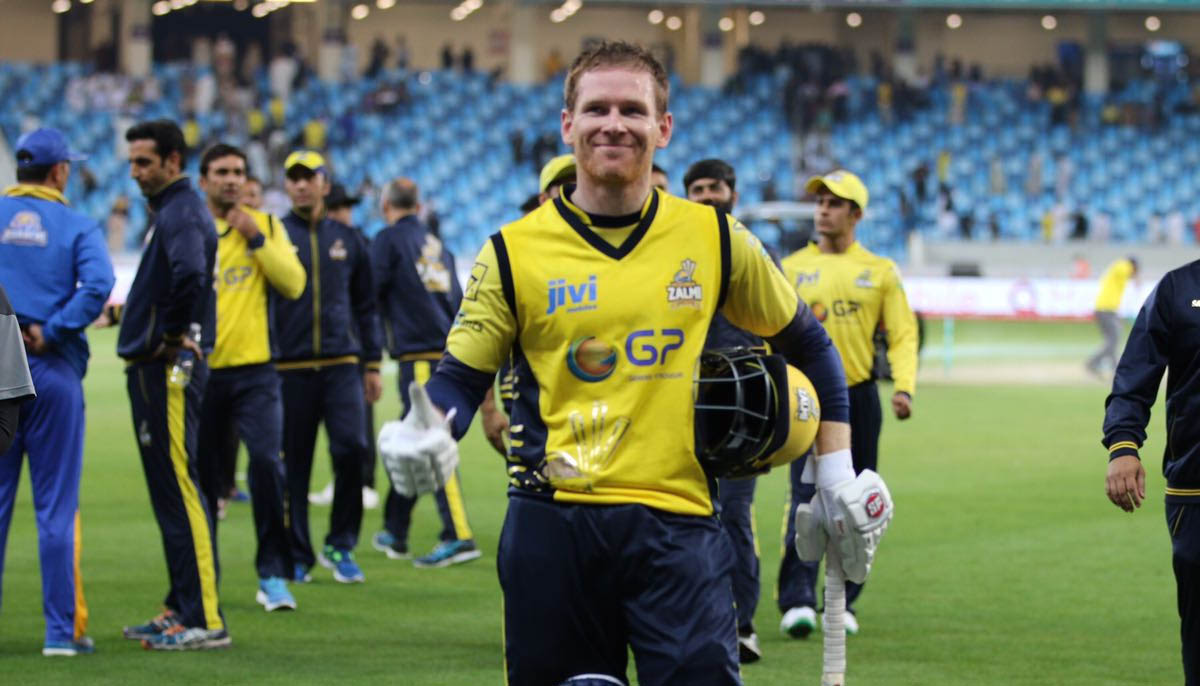
Renowned commentator and analyst Sikandar Bakht also highlighted this factor, which he heard from the international stalwarts participating in the league.
"The unique thing about PSL which makes it stand out from other leagues is the bowling quality. International batters, who play all across the globe, say it is the most challenging league in terms of that," he told exclusively to Geo News.
"Whether it's seasoned pacers or upcoming young prodigies, the batters don't find this type of quality anywhere that much in other leagues.
"So it is a positive thing that many are watching them and the world media is following, giving them a huge boost. It not only makes them a better player and helps them to absorb pressure in crunch moments," he added.
Emphasis on emerging talent
Unlike some other T20 leagues, PSL places a significant emphasis on promoting young and emerging cricket talent. The league's structure ensures that local players get the opportunity to showcase their skills alongside international stars. Since the start, the inclusion of one emerging player in the XI has been an integral part of it.
The rise of Hasan Ali, Shadab Khan, Haris Rauf, Shaheen Afridi, and Mohammad Wasim Jr helped due to this. They got the opportunity as emerging players, and now they are the backbone of the Pakistan team across formats.
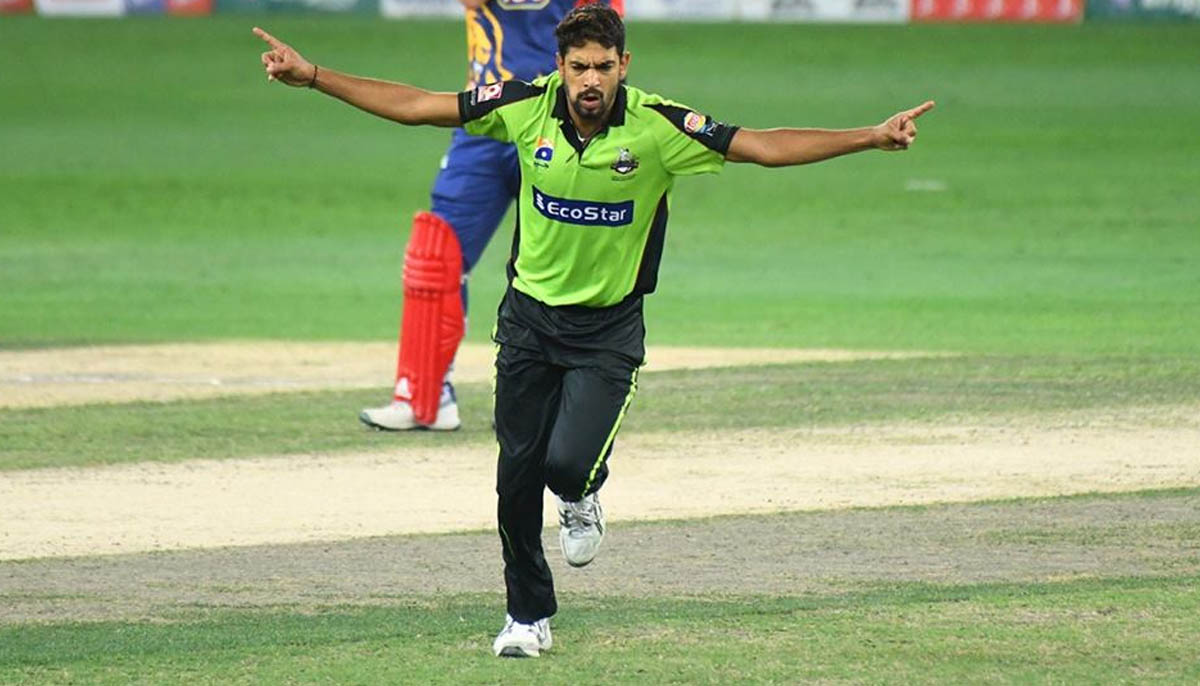
This commitment to nurturing the next generation of cricketers has led to the discovery of several promising talents who have gone on to represent Pakistan on the international stage.
Player selection
The PSL introduced an innovative player acquisition system, diverging from the traditional player auctions. In this system, each team was assigned a salary spending cap of £1.2 million, covering the recruitment of players, coaches, and supporting staff. Teams had the freedom to choose one Icon player and up to six foreign players for their 20-man squad (consisting of 16 active players and 4 supplementary players).
The PSL player selection process was meticulously organised, with one team commencing the bidding, followed by the others. Throughout 20 rounds of auctions, franchise management had 90 seconds per round to select their preferred players from a pool of 300 individuals. To ensure a well-rounded squad, PSL classified players into five different groups, allowing owners to pick talent and young prospects from each category.
Compensation for players varied based on their categorisation, with Icon players earning £200,000 or more, followed by Platinum £170,000, Diamond £130,000, Gold £60,000, Silver £25,000, and Emerging £10,000 accordingly.
Team owners and management collaborated to formulate a strategy for constructing a squad that included a mix of experienced international stars and promising young talents, providing them with the opportunity to share a dressing room with cricketing greats.
The system has been fruitful for the teams, with ample opportunities to select players; however, there is a certain belief that if the auction system is introduced or sides sign international stars directly, it could bring more star power since teams will go all-out to have a player.
Challenges faced by PSL
The journey of the PSL has not been without its share of challenges. Security concerns have been a persistent issue, particularly in the early years, with some matches initially held in the UAE due to safety apprehensions. Logistical challenges, such as coordinating international players and ensuring their participation, added complexity to organising a successful tournament. Additionally, competing with other established T20 leagues for a spot in the cricket calendar posed a strategic challenge for PSL.
Despite these obstacles, PSL has showcased remarkable resilience. The league's commitment to bringing international cricket back to Pakistan faced scepticism, but PSL has successfully hosted matches on home soil, overcoming security challenges. Logistical efficiency has improved over the years, ensuring the smooth functioning of the tournament. The challenges faced by PSL have not only tested its mettle but have also contributed to the league's evolution, making it more robust and adaptive.
Mohammad Ali Ahmed is a staffer at Geosuper.tv



